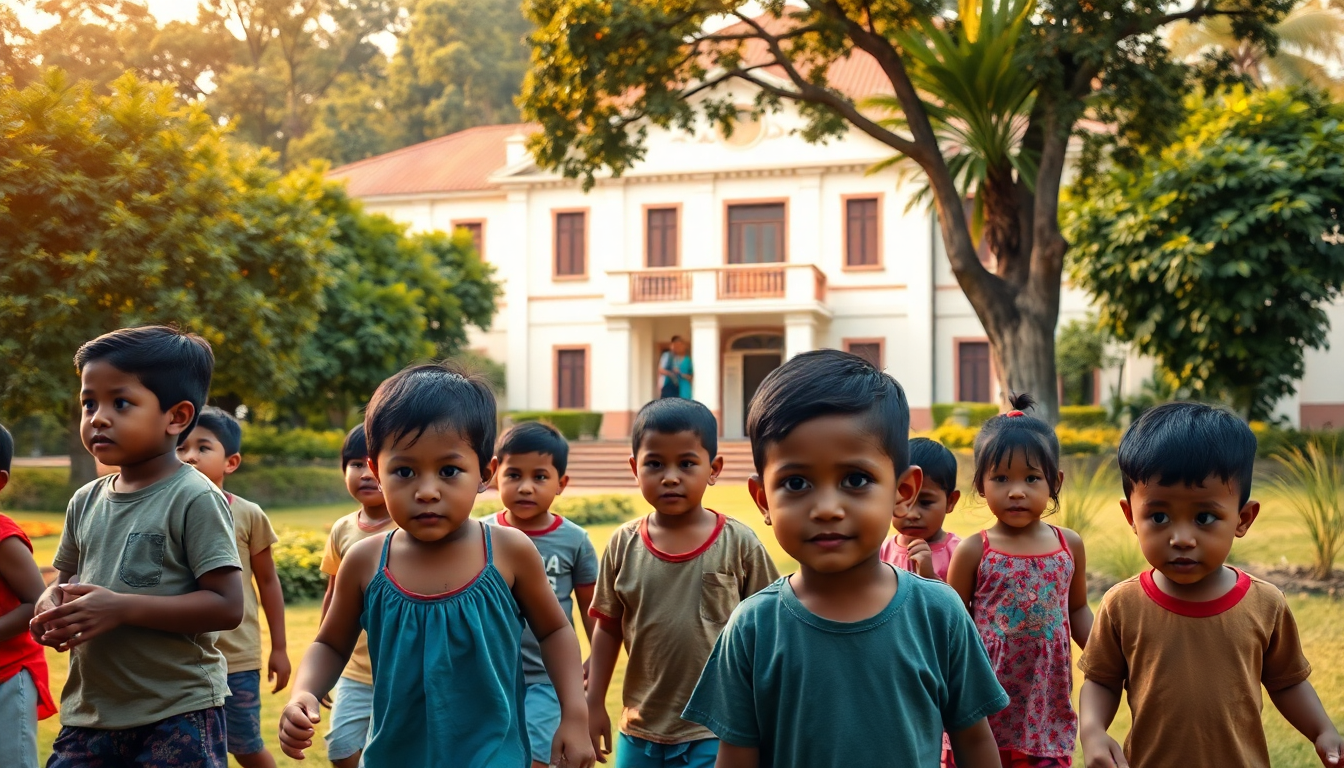Table of Contents
In a pivotal move for the treatment of unaccompanied minors from Central America, Guatemala has stepped up, announcing its readiness to welcome up to 150 children each week from the United States. This news, shared by President Bernardo Arevalo, follows a recent US federal court ruling that temporarily halted the deportation of ten Guatemalan children.
But what does this mean for the future of these vulnerable youths caught in the immigration system?
Understanding the Announcement
President Arevalo’s declaration comes as part of an ongoing partnership between his administration and US authorities aimed at addressing the rising number of unaccompanied minors seeking refuge.
The recent court intervention was a turning point, providing temporary relief for ten children who would otherwise face returning to a potentially dangerous situation in Guatemala. The court’s decision was driven by serious concerns for the safety and well-being of these minors, who, according to their legal representatives, could encounter significant risks if deported.
Lawyers advocating for these children argued that sending them back would violate established US laws designed to protect the unique vulnerabilities of minors in immigration proceedings. As the court continues to deliberate on the legal status of these individual cases, the uncertainty looms for hundreds of other Guatemalan minors currently in US custody.
The legal landscape is expected to shift over the next couple of weeks, but the need for a sustainable solution remains urgent.
What This Means for Guatemalan Minors
Guatemala’s readiness to accept unaccompanied minors is part of a broader strategy to tackle the humanitarian crisis faced by children fleeing violence and poverty in their home countries.
President Arevalo emphasized that while his government is prepared to receive these children, the ultimate decision regarding their transfer rests with the US government. This situation reveals a complex web of legal, social, and humanitarian issues that demand careful navigation.
The potential return of these children raises crucial questions about the conditions they will encounter upon arriving back in Guatemala. Many of them hail from areas riddled with gang violence and economic instability, making their return a daunting reality. How will the government handle the reintegration of these minors into society? This is essential for ensuring their safety and overall well-being.
Looking Ahead: Legal and Humanitarian Challenges
The ongoing legal dispute surrounding the deportation of Guatemalan minors is poised to unfold over the next few weeks, and it carries significant implications for immigration policy and humanitarian efforts. The court’s temporary halt on deportations underscores the ongoing debate about how vulnerable populations are treated within the US immigration system.
As discussions progress, it’s vital for both US and Guatemalan authorities to prioritize the well-being of the children involved. This includes providing adequate support and resources to ensure their safe return and reintegration. The situation is continually evolving, and outcomes will be closely watched by both governments and advocacy groups dedicated to safeguarding the rights of unaccompanied minors. How these nations respond will ultimately shape the lives of these young individuals caught in a complex and often harsh system.





